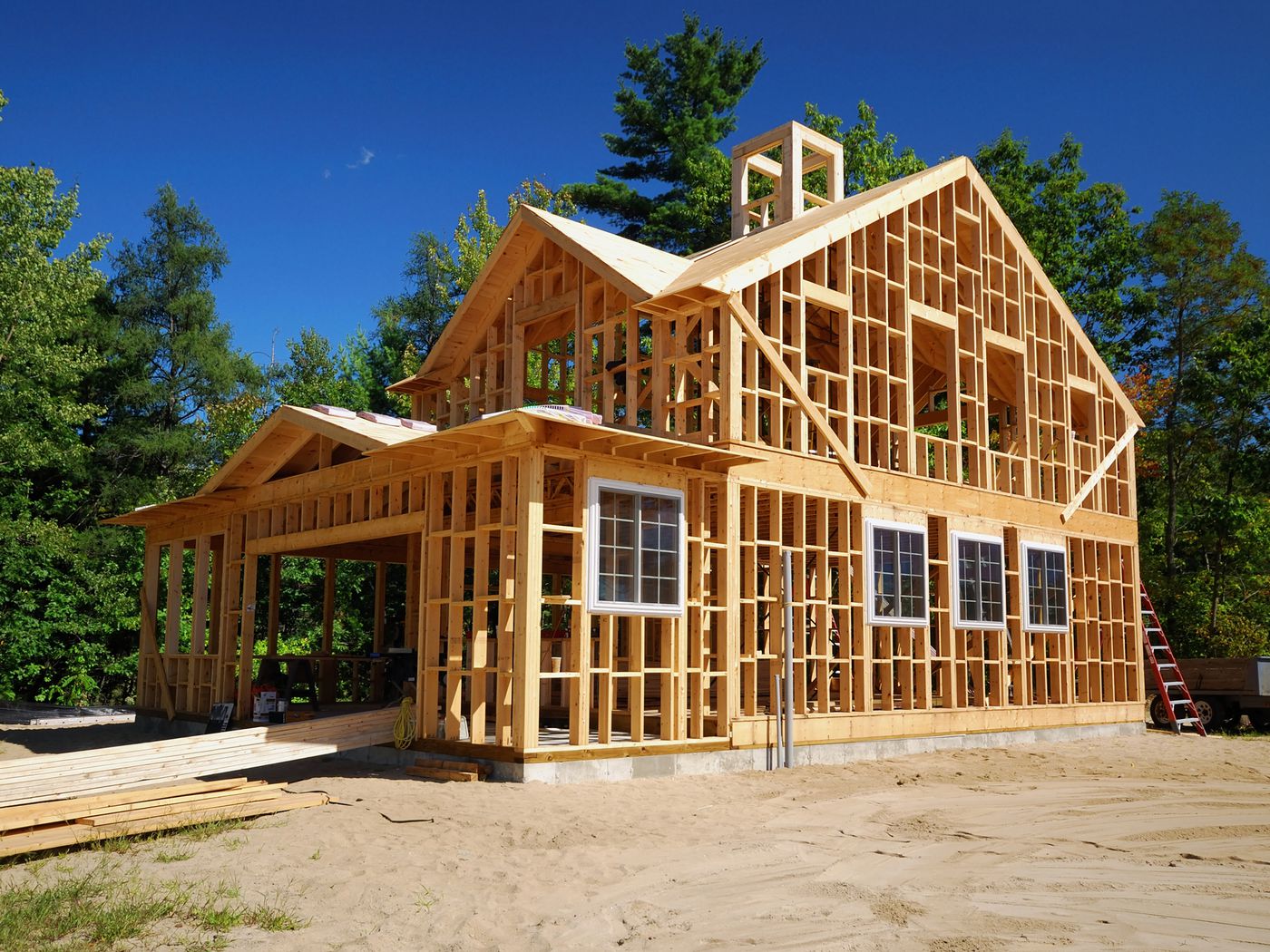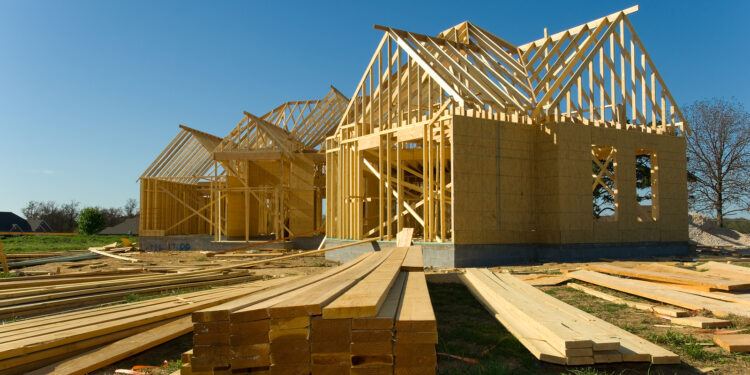Building a new home can be an incredibly exciting experience, but it’s important to know the laws and regulations that come with it. By understanding the construction requirements in your area, you can avoid costly fines and problems down the road. Here are some of the most important laws to keep in mind when starting a new construction project.
Lot Approval
The first step in any construction project is to obtain approval from the local authorities. While you may be thinking you already have a deed for the lot so there is no need for further approval; however, just because you own a piece of land doesn’t mean you can do whatever you want with it.
Depending on where the lot is located, different areas of towns and cities are generally zoned for different purposes. For example, if you own a lot in the middle of downtown, chances are the area has not been zoned for residential use, and a home will not be permitted to be built. Similarly, if you own a piece of land in the New York suburbs and you want to build New York Suburban Homes on it, you will need to obtain approval from the local zoning board.
It’s important to check with the local zoning board to make sure your construction project is properly approved before beginning any work.
Building Permits
The second construction law you need to be aware of is the requirement for a building permit. In most jurisdictions, a permit must be obtained before any work on the project can begin.
The purpose of a building permit is to ensure that the construction meets all of the local building code requirements. These requirements are in place to protect public safety, so it’s important to make sure your project complies with all of the relevant regulations. Failure to obtain a permit or build to code can result in significant fines or even the demolition of your project.
Building Codes
Speaking of building code requirements, it’s important to be familiar with the codes that will apply to your project. The International Residential Code (IRC) is a comprehensive set of rules that must be followed when constructing any new home.
The IRC covers everything from the minimum required dimensions of rooms to the type of materials that can be used in construction. The code building, plumbing, mechanical, fuel gas and electrical requirements for one- and two-family dwellings and townhouses. Familiarizing yourself with the IRC is essential to ensuring your project is up to code and will pass all inspections.
Worker’s Compensation
Another important law to be aware of when building a new home is worker’s compensation. If you are hiring contractors or other workers to help with the construction, it’s important to make sure they are properly covered in case of an accident.

In most jurisdictions, employers are required to carry worker’s compensation insurance for their employees. This insurance will cover the medical expenses and lost wages of any employee who is injured while working on your construction project.
If you are hiring workers who are not employed by a company, you may be required to purchase your own worker’s compensation policy. Check with your local laws to see if this is the case in your jurisdiction.
Building Inspections
Once your construction project is complete, it will need to pass a series of inspections in order to be approved. These inspections are typically conducted by the local building department and are designed to ensure that your home meets all the applicable code requirements.
The most common type of inspection is the final inspection, which is conducted once all the work on the project is completed. This inspection will verify that the home is up to code and ready to be occupied.
There are also several other types of inspections that may be required, depending on the jurisdiction. These can include rough-in inspections, which are conducted at various stages of construction to verify that the work is progressing as it should; and framing inspections, which are conducted to verify that the home’s framing is up to code.
Construction Contracts
Finally, it’s important to be aware of the legal requirements when it comes to construction contracts
construction accidents attorney projects will require some sort of contract between the homeowner and the contractor. This contract will outline the scope of work to be completed, as well as the schedule and payment terms.
It’s important to make sure that any contract you sign is in compliance with all local laws and regulations. Be sure to have a lawyer review the contract before you sign it, to avoid any legal issues down the road.
Building a new home is a big undertaking, but it can be a very rewarding experience. By familiarizing yourself with the laws and regulations that apply to your project, you can help ensure that everything goes smoothly. With a little planning and preparation, you can build the home of your dreams.





